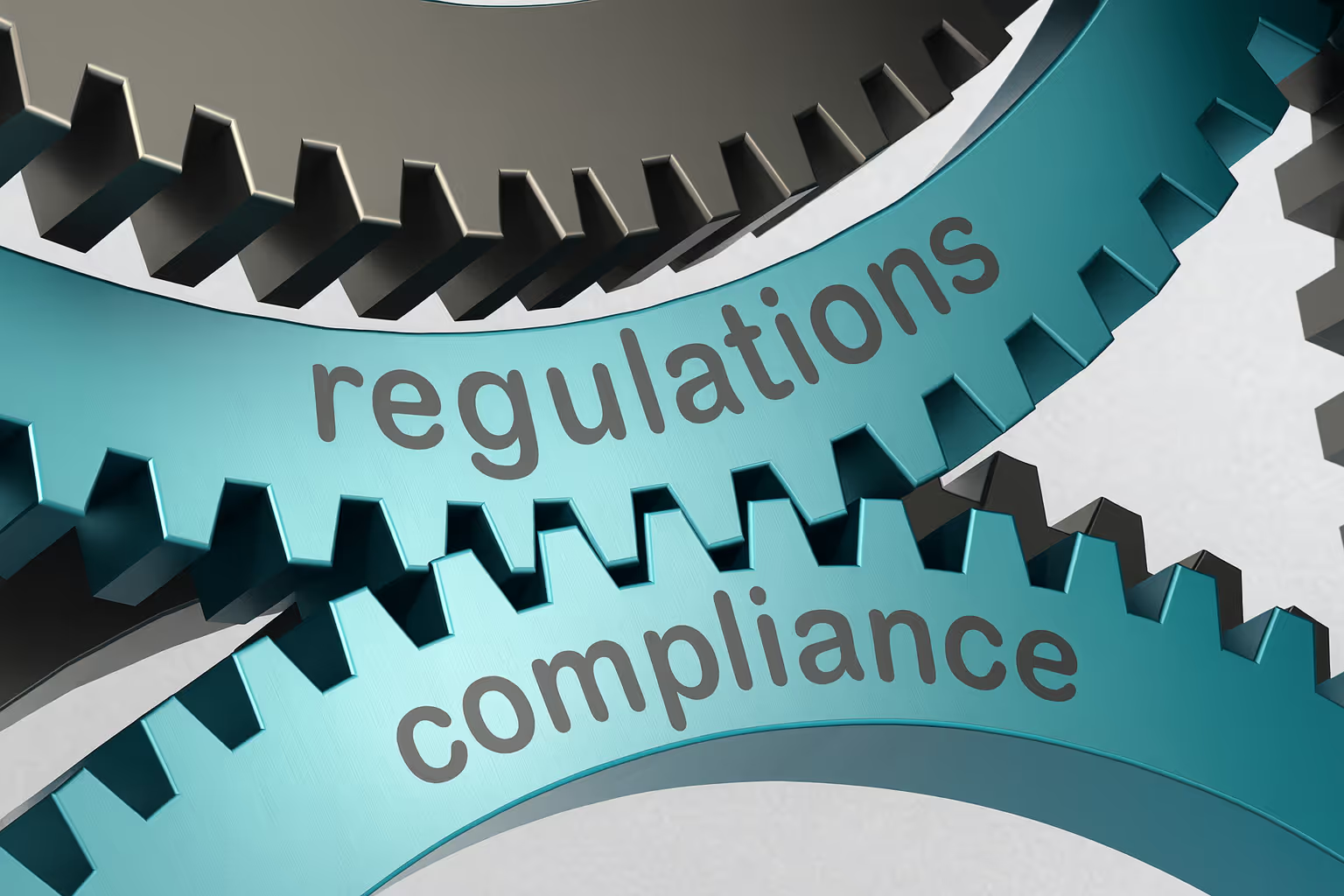
Privacy is no longer a checklist; it’s a promise. The last 90 days have seen regulators make bold statements: multi-million-dollar fines, new obligations for businesses, and pioneering enforcement cases. From Texas’ sweeping privacy law to a landmark settlement with Disney, the message is clear – consumers expect more control and companies must deliver. Instead of viewing compliance as a burden, what if we saw it as an opportunity to differentiate?
The Texas Data Privacy and Security Act (TDPSA), effective July 2024, gives Texans rights to access, correct, and delete their data. The law mandates clear privacy notices, risk assessments, and opt-in consent for sensitive data. It also requires businesses to establish formal vendor contracts and manage downstream partners.

The Federal Trade Commission (FTC) recently announced a US$10 million settlement with Disney for allowing child-directed YouTube videos to collect data without parental consent.
The settlement requires Disney to build an audience-designation program so that kids’ content is properly labeled and advertisers can’t harvest children’s data. This enforcement illustrates how regulators are protecting minors and underscores the need for age-assurance mechanisms, parental consent workflows, and clear disclosures.
The INFORM Consumers Act is another critical law. The FTC’s first case under the Act targeted marketplace Temu, alleging it failed to provide consumers with a simple way to report suspicious activity.
The settlement requires Temu to pay US$2 million and implement a telephonic reporting mechanism. Marketplaces must not only verify sellers but also make it easy for customers to flag fraud. Transparency and user control are central.
We’re entering a new era where privacy laws are dynamic and enforcement is proactive. Rather than fearing this shift, see it as an invitation to lead.
When you design products with privacy at the core, you signal that you care about the people behind the data. As a visionary once said: great companies don’t just ship products; they build relationships.